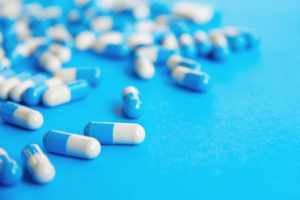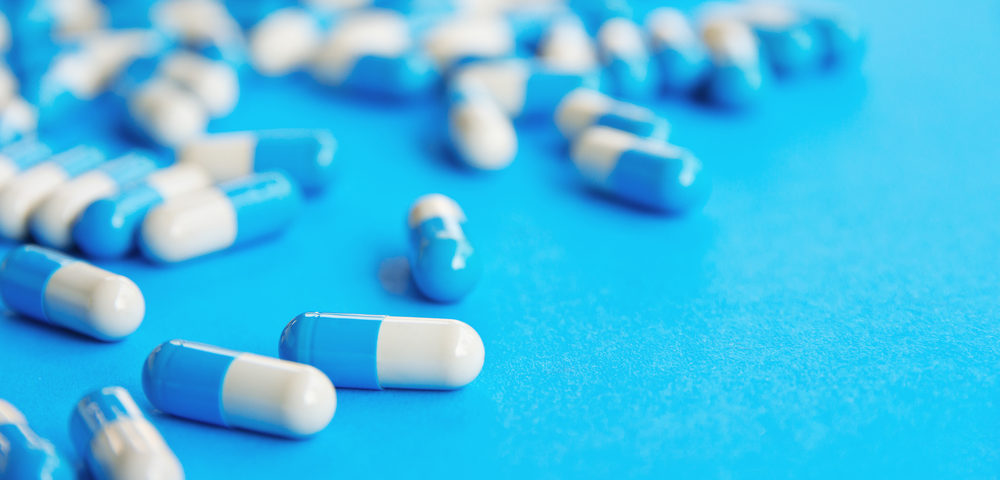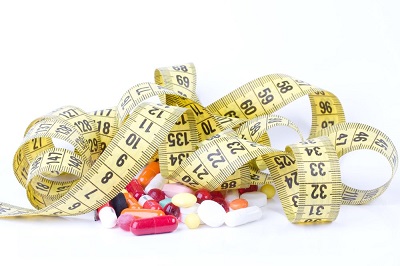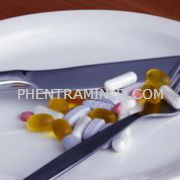 Caffeine Anhydrous in Diet Pills: Uses, Benefits and Safety
Caffeine Anhydrous in Diet Pills: Uses, Benefits and Safety
Caffeine anhydrous (1,3,7-trimethylxanthine) is a naturally occurring chemical that is found in many products we regularly consume, such as tea, coffee, some soft drinks (particularly cola), guarana and energy drinks, yerba mate and many other products. Even chocolate contains a certain amount of caffeine.
While it is commonly found in foods, it also has a place in dietary supplements. These are used for many reasons including for the improvement of mental alertness, physical athletic performance for headache prevention, in combination with painkillers and to support weight loss through metabolism enhancement and appetite suppression.
In fact, Caffeine anhydrous (1,3,7-trimethylxanthine) is one of the most commonly used athletic stimulants. The National Collegiate Athletic Association (NCAA) allows for a certain amount of caffeine consumption. It would take about 8 cups of coffee to cross the prohibited mark of caffeine consumption for most people.
This ingredient works in the body through the stimulation of the central nervous system (CNS), which includes the nerves and the brain. It also stimulates muscles, the heart and the components of the body responsible for blood pressure control.
Despite its reputation as a diuretic, Caffeine anhydrous (1,3,7-trimethylxanthine) is interesting in that it does not always produce this response. This is particularly true among people who consume it on a regular basis. Therefore, people who regularly drink coffee or who take pills containing caffeine anhydrous are not considered to be at risk of dehydration during moderate exercise.
There has been extensive research conducted on caffeine over the years both in terms of its consumption in food and as an ingredient in supplements.
One study published in the Journal of Food Science found that it is a safe substance to consume on a regular basis and that it can help to obtain better results from a healthy eating and exercise program. This same research also suggested that it may help to reduce the risk of metabolic syndrome. That condition has a whole range of symptoms, many of which make it more challenging to lose weight. Therefore, by reducing the chances of metabolic syndrome, it can help to keep those symptoms at bay.
Other clinical research had to do with taking a certain set dose of caffeine anhydrous each day. It involved the participation of patients with obesity. They found that they were able to reduce their body fat more efficiently than a comparable group who were given a placebo. In this study, the researchers credited an increased metabolic rate with the results.
* Heckman MA, Weil J, Gonzalez de Mejia E. Journal of Food Science. “Caffeine (1, 3, 7-trimethylxanthine) in foods: a comprehensive review on consumption, functionality, safety, and regulatory matters”. 2010 Apr;75(3):R77-87.
http://www.ncbi.nlm.nih.gov/pubmed/20492310
** Yoshida T, Sakane N, Umekawa T, Kondo M. International Journal of Obesity and Related Metabolic Disorders : Journal of the International Association for the Study of Obesity. “Relationship between basal metabolic rate, thermogenic response to caffeine, and body weight loss following combined low calorie and exercise treatment in obese women”. [1994, 18(5):345-350]
http://europepmc.org/abstract/MED/8061728/reload=0;jsessionid=sW4cu3KeAHFe2vCui3nt.4




